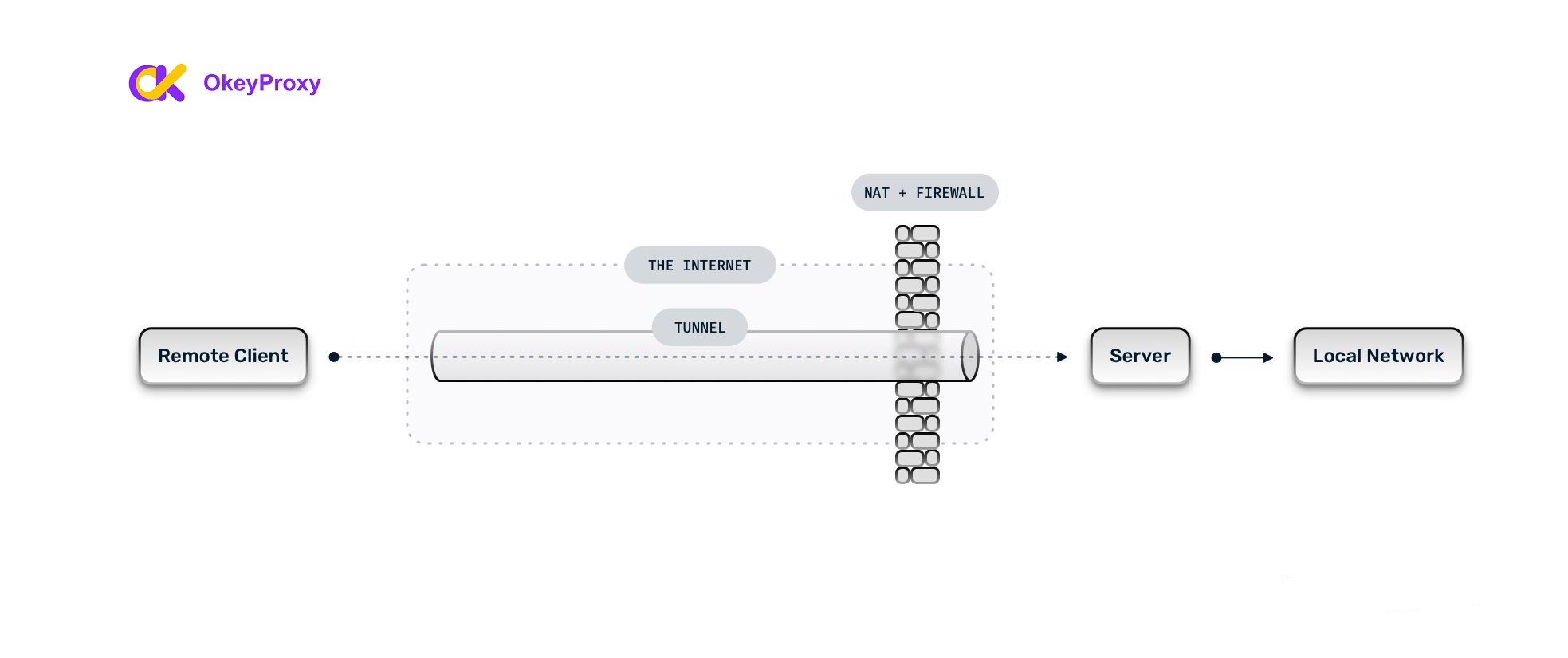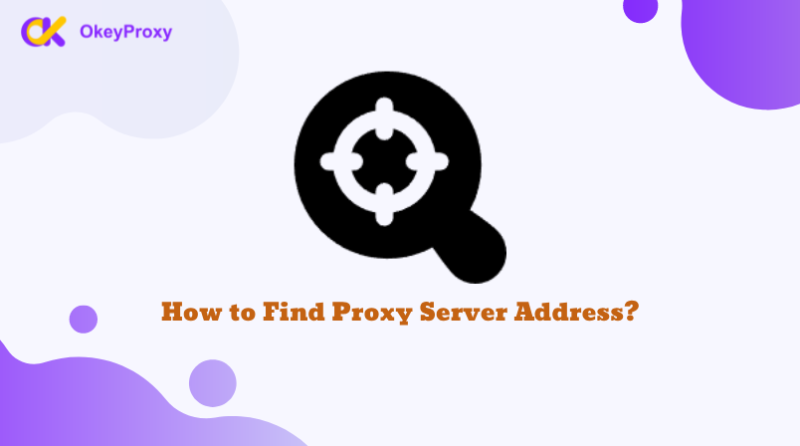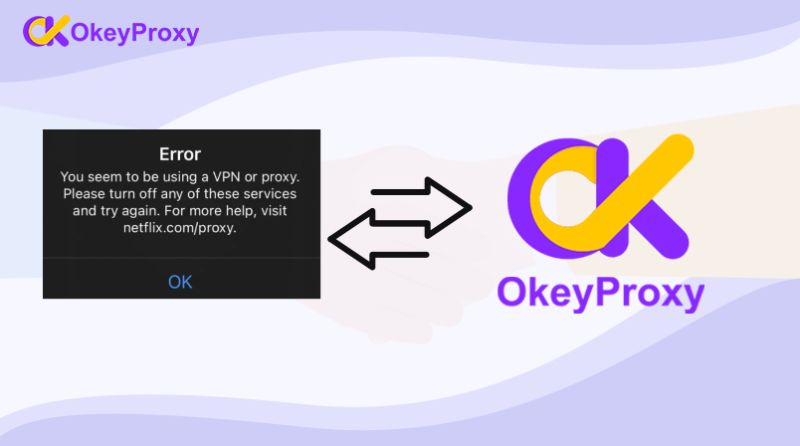I. Introduction
Proxy IPs are a common network protocol facilitating data transfer between clients and servers. Within the realm of proxy IPs, there are notable variants, such as Tunnel Proxy and API Proxy IPs. This article aims to elucidate the disparities between these two specialized types.
II. Tunnel Proxy
Definition: Tunnel Proxy ( from Github) safeguards data security by encapsulating data transmission between clients and servers within a secure tunnel. They can reformat data into different protocols and apply encryption and decryption within the tunnel, thus preventing data theft or tampering.
III. API IP
Definition: API IP are unique proxy IPs that communicate with clients and servers via API interfaces. They enable developers to conveniently employ HTTP or HTTPS protocols for data transmission, while also concealing the intricacies of the backend system and shielding sensitive data from potential threats.
IV. Differences
Although both Tunnel Proxy IPs and API proxy IPs fall under the category of specialized proxy IPs, they exhibit distinctive dissimilarities:
Data Transmission Method
- Tunnel Proxies: These proxies establish a secure tunnel for data transmission, allowing for data transformation into alternative formats or protocols. Data is encrypted and decrypted within the tunnel, fortifying security against data breaches and alterations.
- API IPs: API proxies, in contrast, primarily focus on obscuring backend system details and safeguarding sensitive data. They do not encrypt or decrypt data during the transmission process.
Development Complexity
- API Proxy IPs: Developing API proxy IPs is notably simpler as it primarily involves crafting an API interface for client-server communication.
- Tunnel Proxy: Tunnel proxy IPs necessitate the creation of a system that encapsulates data within a secure tunnel. Moreover, they need to address security concerns, including encryption and decryption.
Casi d'uso
- Tunnel Proxy: These are often employed in high-security scenarios such as online transactions and data transfer within sectors like finance, government, and the military.
- API IPs: API proxies find extensive application in furnishing secure transmission channels for RESTful APIs and web services.
Cost
- Tunnel Proxies: Due to their heightened technical and resource prerequisites, tunnel proxy IPs typically incur higher costs compared to API proxy IPs.
Get 1GB Free Trial Of Residential Proxies From Okeyproxy.com Now!
V. Conclusion
In conclusion, Tunnel Proxy and API IPs, although both specialized proxy IP variants diverge in multiple aspects. Selecting the appropriate type hinges on specific needs and use cases, with an eye toward the distinct security and development requirements each presents.





